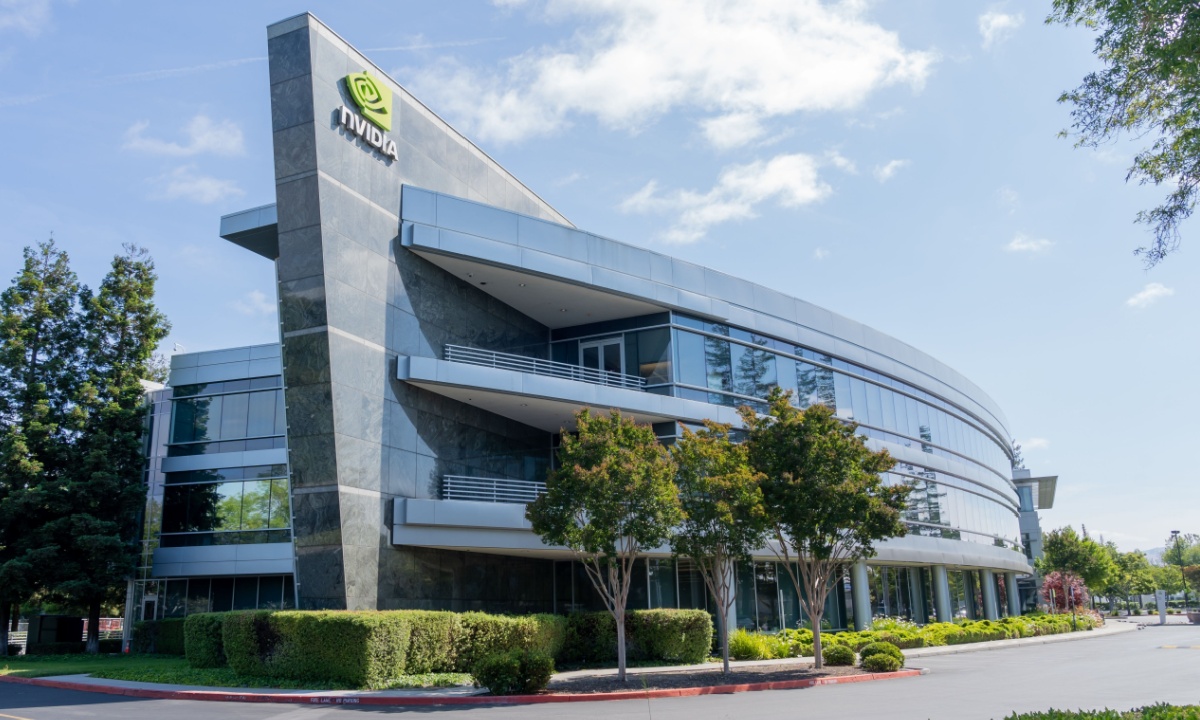
Artificial Intelligence (AI) is rapidly revolutionizing fields across society, from healthcare and transportation to education and entertainment. As highlighted by Harsh Trivedi, a prominent voice in mental health and digital policy, the integration of AI into daily life presents both tremendous opportunity and significant risk.
On the one hand, AI has the ability to enhance productivity, improve diagnosis and treatment in medicine, streamline business operations, and even aid in addressing complex global issues such as climate change. For example, machine learning models can analyze large datasets to detect patterns invisible to human analysts, driving forward innovation and efficiency in previously unattainable ways.
However, Trivedi also underscores that this technological advancement does not come without concerns. Among the key risks are the potential for exacerbation of existing social inequities, privacy invasions, and the spread of misinformation through deepfakes and automated bots. There are also fears about job displacement due to automation and ethical concerns surrounding the use of AI in decision-making processes that affect human lives.
Further complicating these challenges is the uneven development and regulation of AI technologies worldwide. Nations and tech firms vary in their approaches to transparency, data protection, and accountability. Without consistent global standards, the misuse or unintended consequences of AI tools could lead to widespread adverse effects.
Trivedi suggests that a careful, human-centered approach to AI development and deployment is essential. This includes prioritizing ethical guidelines, ensuring proper oversight, engaging diverse stakeholder perspectives, and maintaining a commitment to public good over profit-driven motives. In particular, he advocates for the involvement of mental health professionals and ethicists in the AI development pipeline to help understand and mitigate the psychological and societal implications of emerging technologies.
Ultimately, AI represents one of the most powerful innovations of the 21st century. How society chooses to harness it will determine whether it is a tool for constructive transformation or a source of unforeseen disruption. Vigilance, thoughtful policy, and interdisciplinary collaboration will be vital in navigating the uncertain landscape ahead.
Source: https:// – Courtesy of the original publisher.








